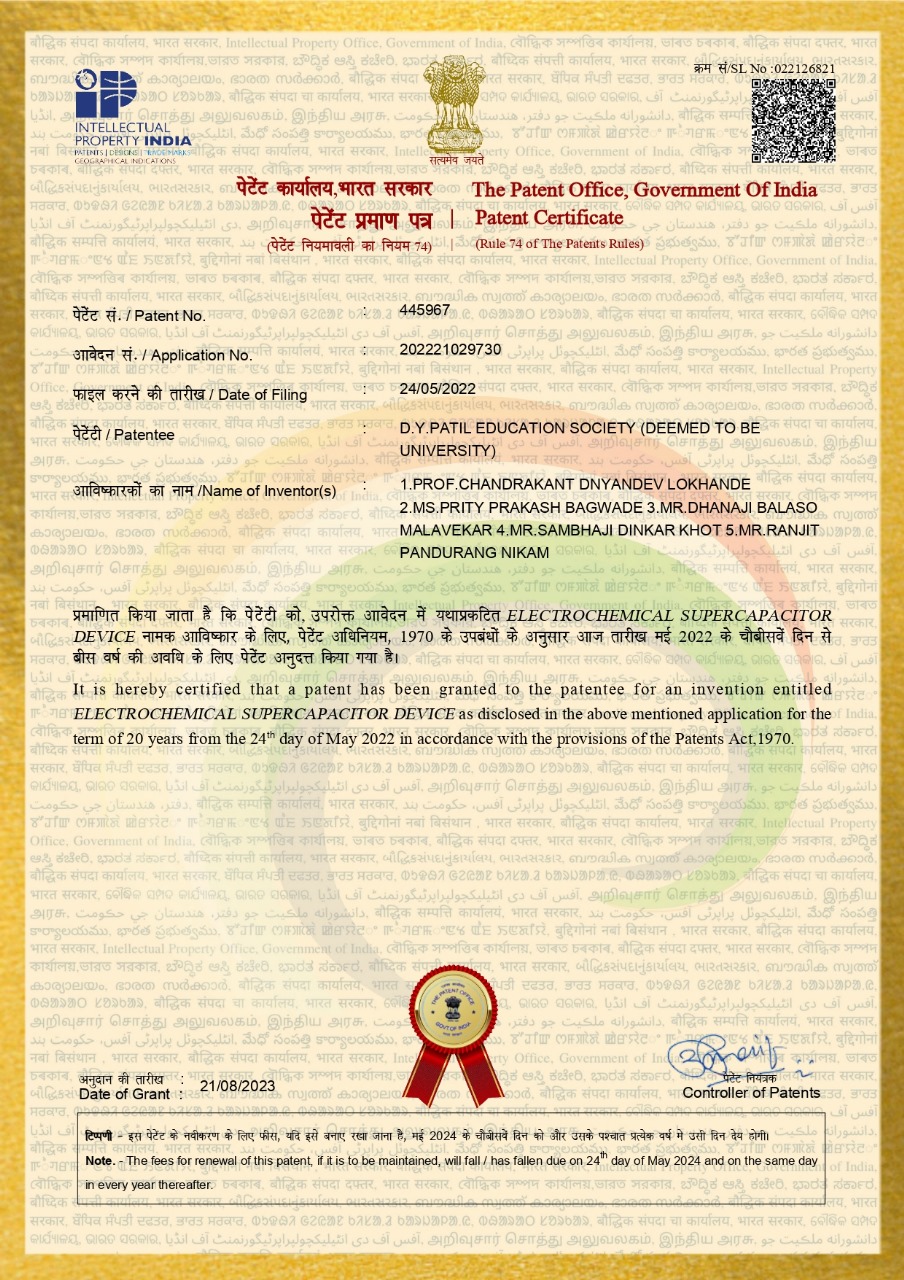University has a vision- to become a world class institution of higher learning in health sciences education, training and research The ethos of think global, apply local is of immense need in present scenario in India. In keeping with this vision, one area of priority is that medical students during their undergraduate education and training learn to recognise the distinct needs of rural India with regards to health care. Understanding rural culture and habits is key to providing the right counsel in an appropriate manner to ensure adherence to healthy habits and treatment. The thrust area identified in this regard was the rural and community-based training of UG students. Efforts made in this regard in 2017 and their short-term outcomes are presented below
- 1. Village Adoption Scheme- Each new batch of students adopts a village with one student being assigned one family. Students in groups of 40-50 visit the family each month accompanied by faculty members who supervise and assist students where necessary. The family is followed up by the student and experience is noted by student in a family survey notebook provided. This has been further enhanced by participation in the Unnat Bharat Abhiyaan in 2018. Outcome is - 2 Villages have been adopted by 300 students. The student learns about health needs, diet, attitudes to modern health systems, rural challenges to accessing
health care. As the students learn, they are able to provide appropriate knowledge to the families, improve their access to health care facilities at hospital and help them benefit from modern health care.
- 2. RCOMET-Rural Community Oriented Medical Education and Training - this program was rolled out in April 18. Students are taken to a village in the district and spend 3 entire days with village people and their leaders. They are accompanied by faculty. First two days are spent understanding the local health concerns and needs as well as attitudes. Surveys, interviewing techniques, group discussions are conducted by the students to gather information, interact and understand. On third day, students present skits, role plays, posters focussed on identified health needs of the community. Outcome is - 113 students experienced the program in 2017-18 and another batch of 39 in July 2018. Students have opportunity to hone their communication skills and gain empathy with rural population. 140 students have been trained in 4 different villages in Kolhapur district. Their efforts to contribute to health of the villagers have been appreciated by the local Panchayat.
- 3. Community- interaction Students regularly participate in skits, rallies and educational efforts in the local community Last year, total of 46 such events involving 1803 students have been conducted





